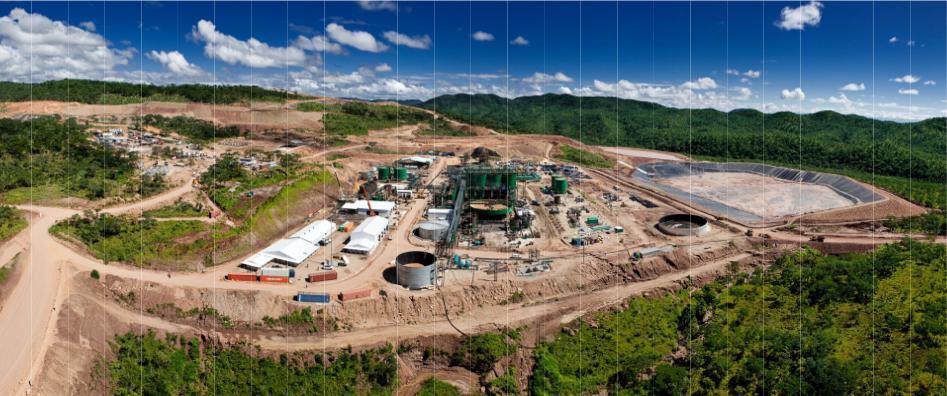Africa-Press – Malawi. zKayelekera Uranium Mine in Karonga, set to resume production under Lotus Resources Limited, will initially rely on expensive diesel-powered generators due to Malawi’s persistent electricity supply challenges and delays in national grid connection.
Lotus Resources has confirmed that production will restart in September 2025, with full reliance on refurbished onsite diesel gensets until late 2026 when the mine expects to be connected to the Electricity Supply Corporation of Malawi (Escom) grid.
In its latest quarterly report, the company revealed ongoing procurement and construction efforts under a $20.6 million (about K36 billion) project named Project Powerline, which will include a new 66kV transmission line and an onsite substation.
“Production restart to utilise existing onsite diesel power station as an interim measure until the grid connection becomes available,” the report states.
Escom chief operations officer Maxwell Mulimakwenda confirmed the arrangement, saying that while the power utility will eventually supply electricity, all infrastructure costs are being borne by Lotus and will be reimbursed through tariff deductions.
Delays in environmental and social assessments, along with necessary route adjustments to protect sensitive species, have pushed back the timeline for connection.
Experts warn the reliance on gensets as a primary power source will significantly increase operational costs. Geologist Ignatius Kamwanje, who previously worked at Kayelekera, noted: “Diesel generation is much more expensive per kilowatt-hour than grid electricity, even though it offers short-term reliability.”
Once fully operational, the mine will use a hybrid power model with Escom as the main source, supported by solar and co-generation, with diesel covering just 10 percent of electricity needs.
However, the temporary dependence on diesel underscores the broader risks Malawi’s erratic electricity poses to major investments, especially in energy-intensive sectors like mining.
With government holding a 15 percent stake in Kayelekera and a mining development deal in place—including a five percent royalty and 30 percent corporate tax rate—the project’s success is closely tied to national economic growth.
For More News And Analysis About Malawi Follow Africa-Press






